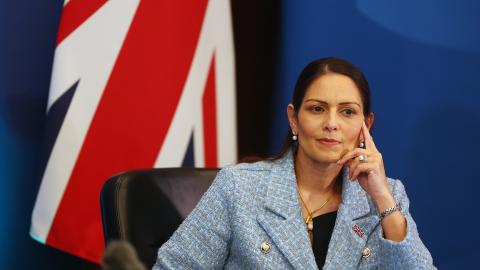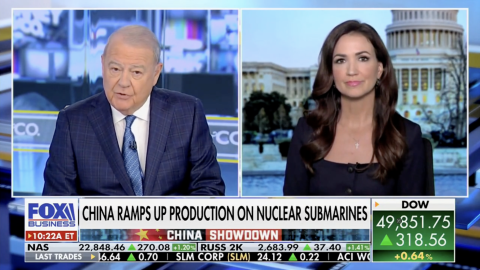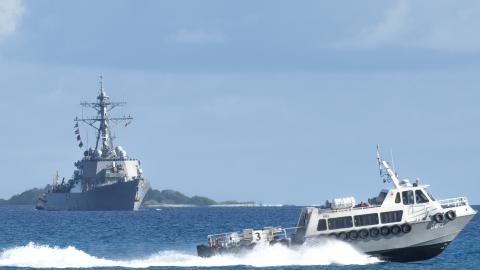
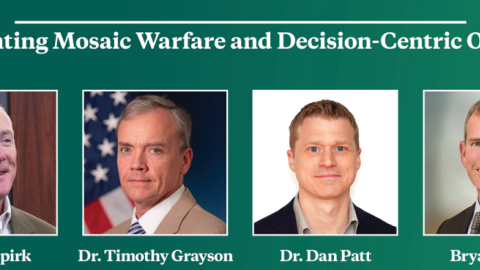
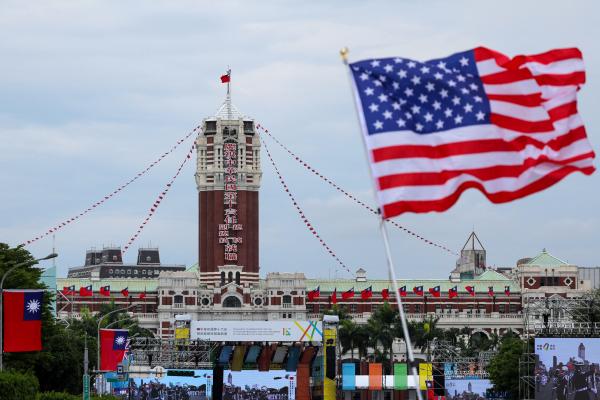
Join Hudson for an expert panel on why these deals are so important for both nations, what they mean for the future of US supply chains, and what potential challenges remain for implementing these deals.
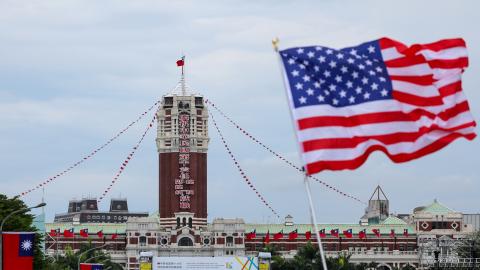
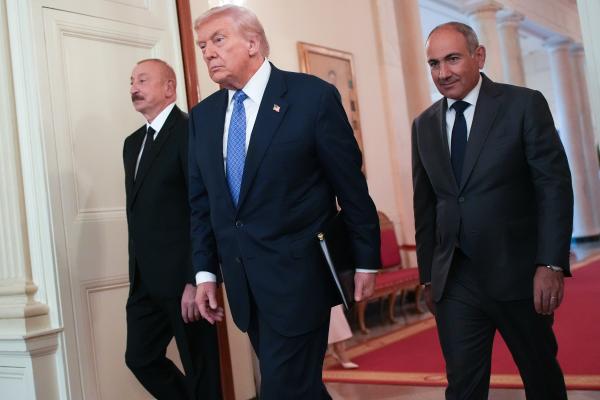
Join Hudson for a conversation with officials who have been at the center of these efforts, expert financiers, and leading regional analysts on what the deal achieved, what comes next, and why sustained US engagement in the South Caucasus matters.
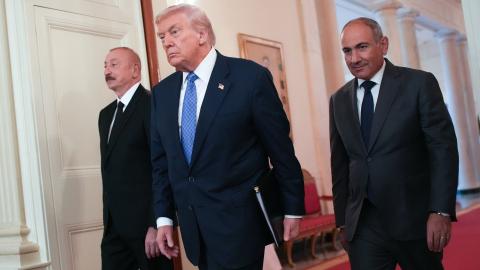
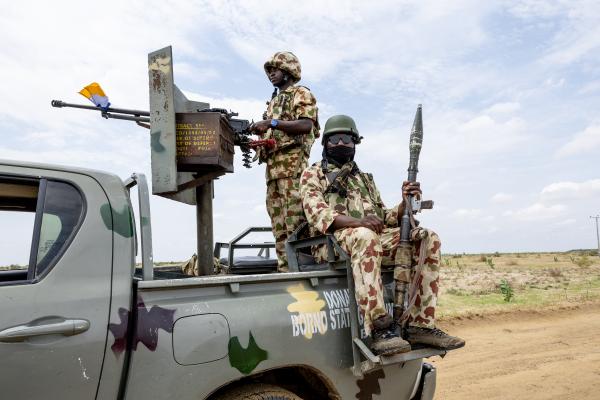
Will this security cooperation be the new normal for US-Nigeria relations, or will Trump escalate his diplomatic and economic pressure?
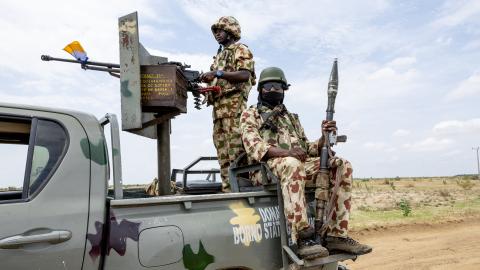
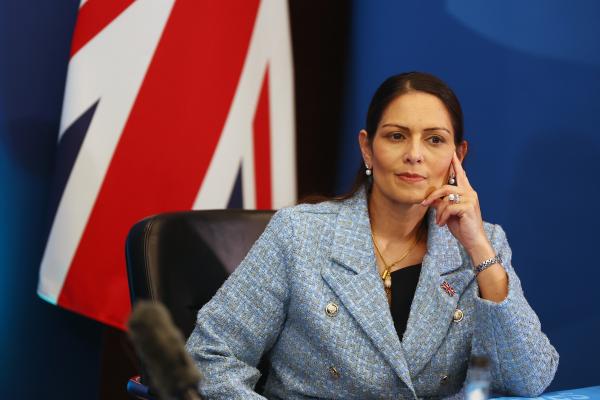
UK Shadow Secretary of State for Foreign, Commonwealth, and Development Affairs the Rt. Hon. Priti Patel, MP, will join Hudson for a conversation on the future of the special relationship and what the adoption of a conservative foreign policy would mean for Britain and the transatlantic alliance.
